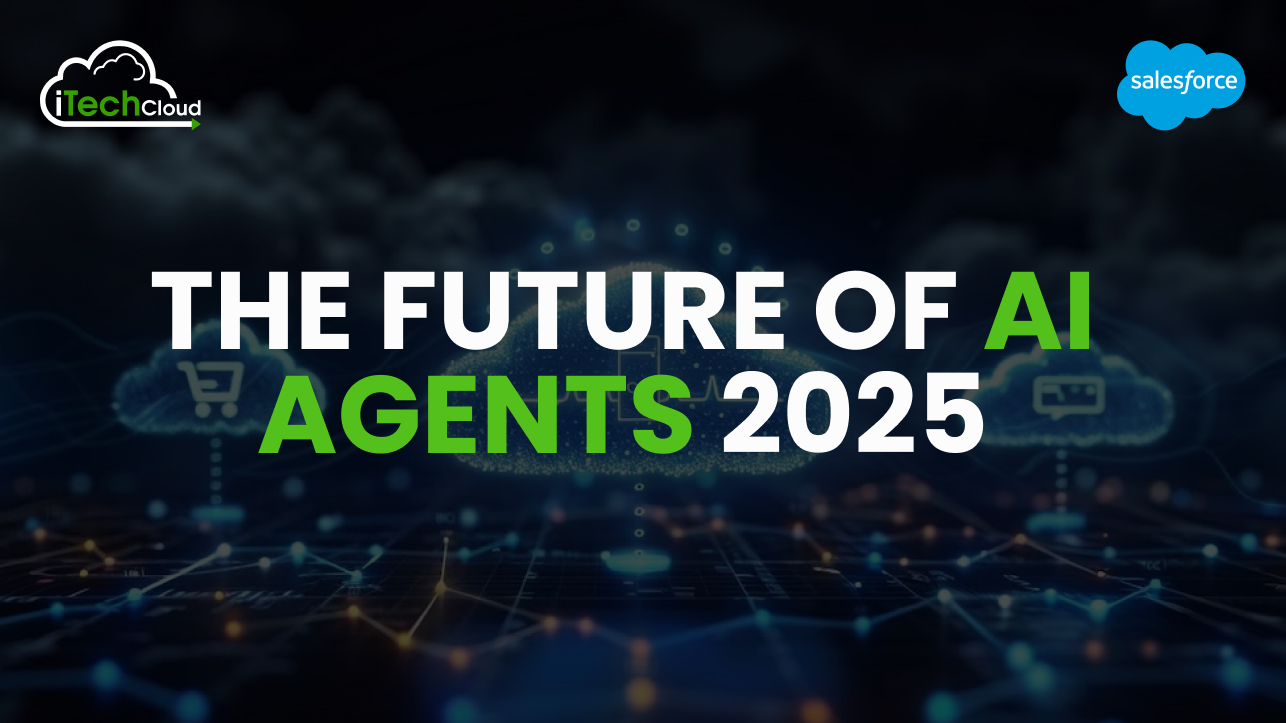Artificial Intelligence (AI) agents are rapidly evolving, transforming industries, businesses, and everyday life. As we step into 2025, AI agents are expected to become even more sophisticated, autonomous, and integrated into various sectors. This article explores the future of AI agents, their advancements, key applications, ethical considerations, and what we can expect in the coming years.
Understanding AI Agents
AI agents are software programs that perceive their environment, process information, and make decisions to achieve specific goals. They range from simple rule-based chatbots to advanced autonomous systems powered by machine learning (ML) and deep learning (DL). AI agents can be classified into:
- Reactive Agents: Respond based on predefined rules.
- Limited Memory Agents: Learn from past experiences.
- Theory of Mind Agents: Understand human emotions and behaviors.
- Self-Aware Agents: Possess self-awareness and cognitive abilities (a future possibility).
Key Technologies Powering AI Agents
AI agents leverage several technologies to function effectively:
- Natural Language Processing (NLP): Enables AI agents to understand and process human language.
- Machine Learning & Deep Learning: Help AI agents learn and improve over time.
- Computer Vision: Allows AI to interpret visual information.
- Reinforcement Learning: Enhances decision-making capabilities.
- Edge AI: Enables real-time processing without relying on cloud computing.
Future Trends in AI Agents
1. Enhanced Autonomy and Decision-Making
AI agents in 2025 will possess higher autonomy, making independent decisions with minimal human intervention. Advanced ML algorithms will enable them to analyze vast datasets, predict outcomes, and optimize processes without explicit programming.
2. AI-Powered Personal Assistants
Virtual assistants like Google Assistant, Alexa, and Siri will evolve into highly personalized AI companions. They will understand user preferences, anticipate needs, and perform complex tasks like scheduling meetings, managing finances, and making purchase recommendations.
3. AI Agents in Business and Workforce Automation
AI will revolutionize industries by automating repetitive tasks, enhancing productivity, and reducing human workload. Key applications include:
- Customer Support: AI chatbots and virtual agents provide 24/7 assistance.
- HR and Recruitment: AI-powered resume screening and interview scheduling.
- Finance: Automated fraud detection and investment recommendations.
- Healthcare: AI agents assisting in diagnostics and treatment planning.
4. AI in the Metaverse and Virtual Worlds
AI agents will play a crucial role in the metaverse, creating intelligent virtual beings that interact with users in immersive digital environments. These AI-driven avatars will enhance gaming, social interactions, and virtual collaboration.
5. AI-Powered Autonomous Vehicles and Robotics
Self-driving cars and robots will rely on advanced AI agents for navigation, decision-making, and safety. AI-powered drones and delivery robots will become commonplace in logistics and transportation.
6. Hyper-Personalization in Marketing and E-Commerce
AI agents will provide personalized shopping experiences by analyzing customer behavior, preferences, and purchase history. Predictive analytics will enhance targeted marketing campaigns, increasing customer engagement and sales.
7. AI in Cybersecurity and Threat Detection
As cyber threats evolve, AI agents will play a crucial role in detecting and preventing cyberattacks. AI-driven security systems will identify vulnerabilities, monitor network activity, and respond to threats in real-time.
8. Ethical AI and Responsible AI Development
With the rise of AI agents, ethical concerns regarding bias, privacy, and transparency will gain prominence. Companies will focus on responsible AI development by implementing fair algorithms, ensuring data privacy, and maintaining accountability.
Challenges and Considerations
Despite their potential, AI agents face several challenges:
- Bias and Fairness: AI models may inherit biases from training data, leading to unfair outcomes.
- Data Privacy and Security: Ensuring user data protection remains a major concern.
- Regulatory and Compliance Issues: Governments will introduce regulations to control AI applications.
- Human-AI Collaboration: Striking a balance between AI automation and human involvement will be crucial.
Conclusion
The future of AI agents in 2025 looks promising, with advancements in autonomy, personalization, and industry-specific applications. As AI continues to evolve, businesses and individuals must embrace its potential while addressing ethical challenges. By leveraging AI responsibly, we can create a smarter, more efficient, and interconnected world.


